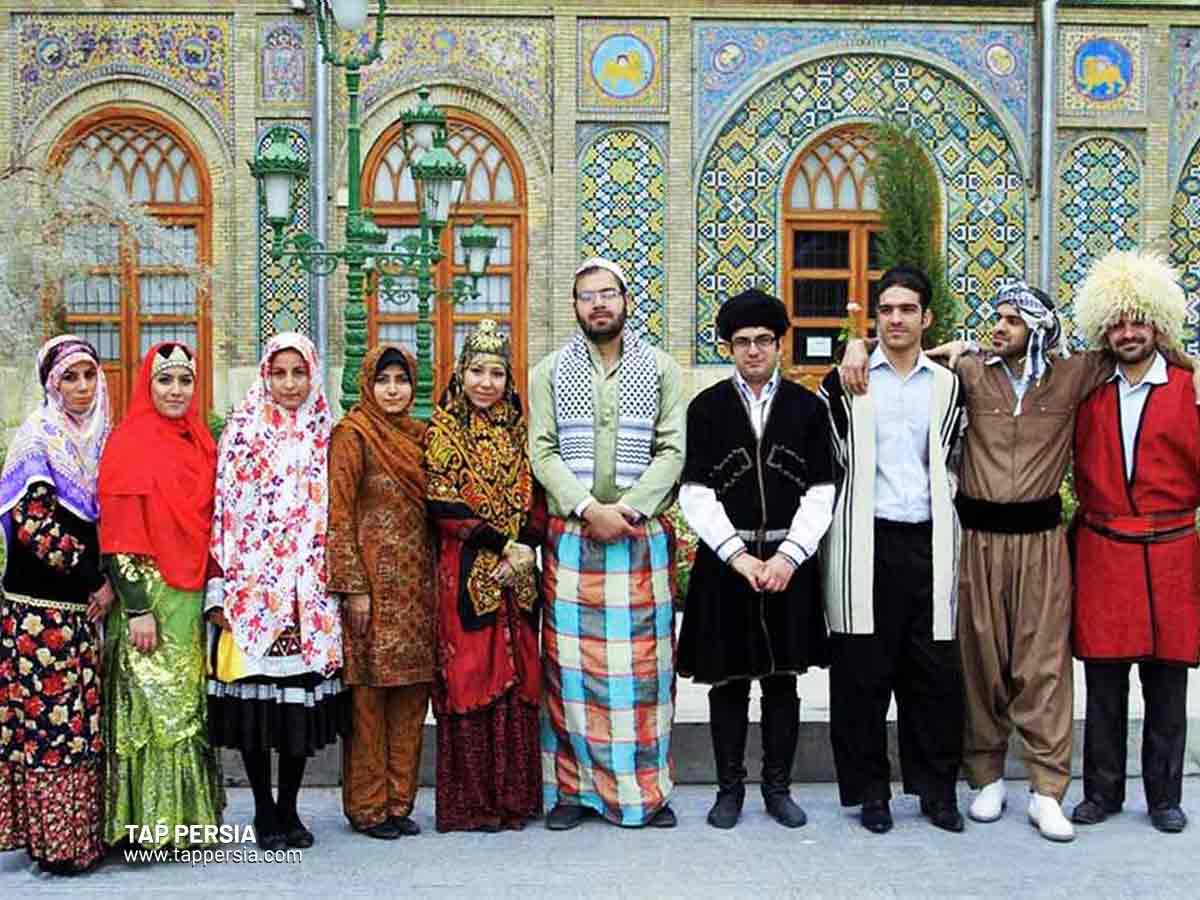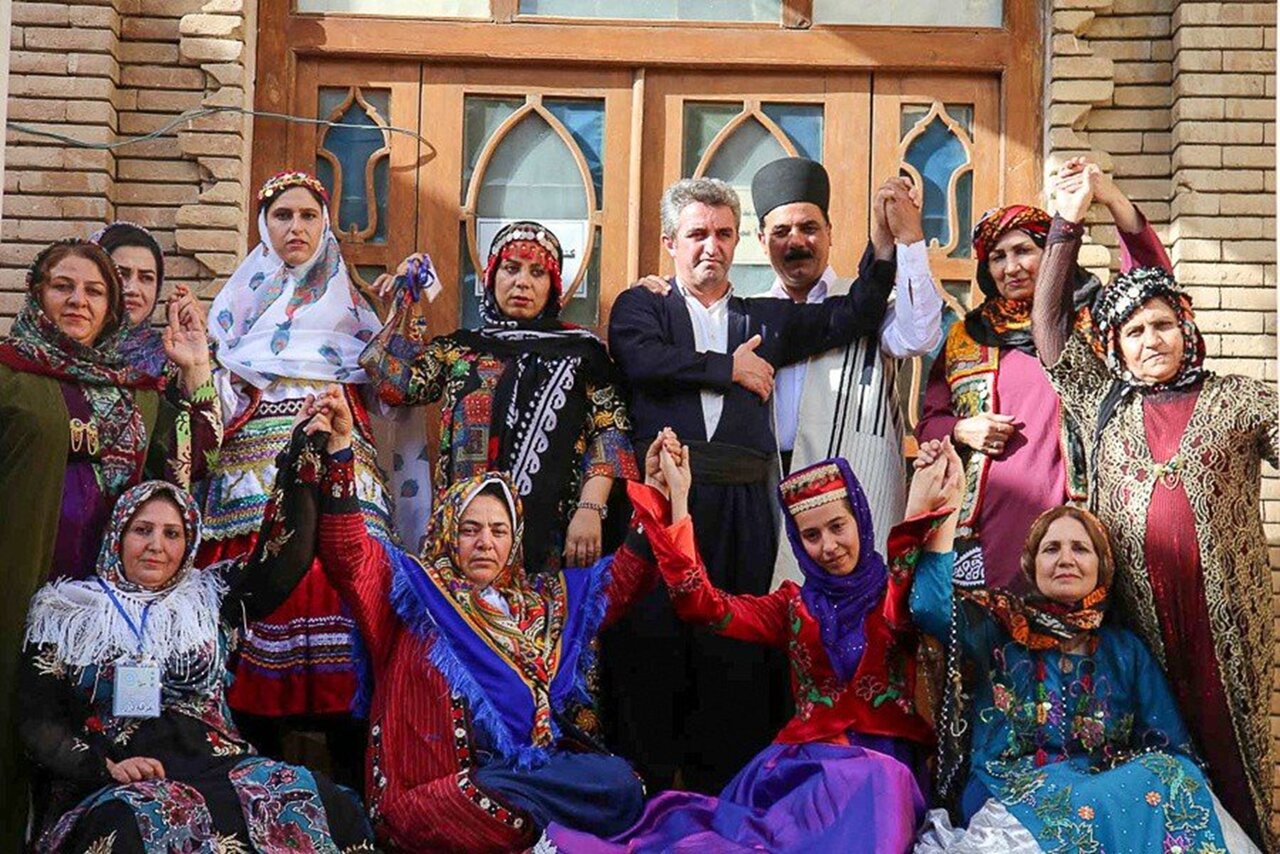The story of Iran's last monarch, Mohammad Reza Pahlavi, is a tale that still sparks lively conversation and a good deal of thought, even many years after his time on the throne came to an end. People hold very strong, sometimes completely opposite, views about whether his leadership truly helped the nation or perhaps set it back in some ways. This period in Iran's long, long story, a country with roots stretching back through countless centuries, truly shaped how things looked on the global stage, too.
His time at the head of the country, you know, wasn't just some small bit of history that we can simply pass over. It remains a topic that people actively talk about, a living debate that keeps going strong. It's almost like a puzzle, with pieces that still need to be fitted together, and everyone has a slightly different idea of how the picture should look. This discussion really gets to the core of Iran's own sense of who it is, how it tried to become more modern, and the really big forces that changed the Middle East throughout the 1900s, actually.
When we ask if the Iranian Shah, Mohammad Reza Pahlavi, was good for his country, it's not a simple yes or no kind of answer. It's a question that brings up so many different feelings and thoughts, ones that haven't faded away even decades since he was no longer in power. His period as ruler marked a really important time for a country that has a deep, very old past, one that has consistently played a part in shaping how the world's political map looks, you know.
- Libra Astrology Compatibility
- Who Is A Libra Most Compatible With
- How Old Are The Kalogeras Sisters
- Keanu Reeves Philanthropic Work
- Fleur Netanyahu
Table of Contents
- Biography of Mohammad Reza Pahlavi
- Personal Details and Life Events
- What Did the Shah Hope for Iran?
- How Did His Rule Affect Iran's Standing?
- Was the Iranian Shah Good - A Look at Progress and Repression
- What Were the Criticisms of His Time?
- Was the Iranian Shah Good - Could Iran Have Been Different?
Biography of Mohammad Reza Pahlavi
Mohammad Reza Pahlavi, the very last person to hold the title of Shah in Iran, guided the country from 1941 all the way up until the Islamic Revolution in 1979. His father, Reza Shah, was the ruler before him and is often given credit for some of the really big changes that took place in Iran during the first part of the 20th century. During his own time in power, Reza Shah ruled with a firm hand, and his efforts focused quite a bit on making Iran more like Western countries, so.
The Pahlavi family, you see, was the royal line that was the last to govern Iran before the country's monarchy was done away with by the Iranian Revolution in 1979. This family, it seems, for various reasons, drew a lot of international attention throughout the 1900s. People around the world were watching what was happening with them, quite a bit, as a matter of fact. The question of whether Mohammad Reza Pahlavi was good or bad for Iran is not just a simple look back at history; it really touches on the core of what Iran is, its efforts to become more modern, and the strong forces that shaped the Middle East during that century.
Personal Details and Life Events
Mohammad Reza Pahlavi, who was the last Shah, took on the grand title of "Shahanshah" in 1967. This title, meaning "King of Kings," carried a lot of historical weight, connecting him to the ancient rulers of Persia. There's a file photograph from October 16, 1950, showing him reading his first speech at the very first meeting of his nation's Senate in Tehran, Iran, which just shows how long he was involved in public life.
His son, Reza Pahlavi, born on October 31, 1960, is today an Iranian opposition figure and a strong supporter of liberal democracy for Iran. He is currently, as of February 2025, the leader of what is called the Iranian transitional government. As a member of the Pahlavi family, he is the oldest child of Farah Diba and Mohammad Reza Pahlavi, the last Shah of Iran. Reza Pahlavi has, in a way, been seen as a prominent figure for the movement aiming for democracy in the country, you know.
What Did the Shah Hope for Iran?
From a political perspective, the Shah of Iran, Mohammad Reza Pahlavi, was often seen as a man who cared deeply for his people. He was quite set on moving his country into the 21st century as a leading nation on the global stage. He really believed, in his own words, that Iran should be a place where life was as good as it was in any European country, which is a pretty high goal to have, actually. He truly wanted to see his nation stand tall among others.
The Shah put in place a system of executive rule, meaning he had direct control over the government's operations. He used the country's growing oil money to pay for big changes in Iran's industries and farming. By the time of his coronation, which happened a bit later than some might have expected, in October 1967, Iran was enjoying some of the fastest economic expansion anywhere in the world. It also had a name for being a place of calm and steadiness in the Persian Gulf, a very important part of the world, too.
Reza Shah Pahlavi, his father, is recognized as a person who brought about significant change in Iranian history. He is well-known for his really important part in starting the Pahlavi line of rulers and creating the modern nation of Iran. Coming to power after a takeover in 1921, he aimed to make the country more modern by separating government from religious practices. He challenged the traditional way of ruling and made the government's influence stronger over religious customs, which was a pretty big deal at the time, really.
How Did His Rule Affect Iran's Standing?
Reza Shah, his father, is credited with saving Iran from the problems that the Qajars, the rulers before him, had caused. It's often said that his actions pulled Iran back from what could have been a series of disasters. To truly get a sense of his impact, you really need to look at him through the perspective of the time he lived in, and not simply compare him to how things are in the world today. For that period, many would say he was a good leader, you know.
Some Iranians, even now, look back at the time Iran was under the Shah's rule as an amazing period all on its own. They remember a country that was changing, becoming more open to the outside world, and growing in many ways. Photos from Iran before 1979 clearly show just how incredibly different the country looked during the Shah's time, before the big revolution took place. These images can be quite striking, showing a nation that was moving in a very distinct direction, so.
Was the Iranian Shah Good - A Look at Progress and Repression
Mohammad Reza Pahlavi's time as ruler from 1941 until the Islamic Revolution in 1979 was certainly a period filled with many significant events. He was the last leader to hold the title of Shah. The question of whether he was good or bad for Iran is not just a simple historical question; it truly gets into the heart of a nation's identity, its efforts to modernize, and the deep forces that shaped the Middle East during the 20th century. It's a discussion that still resonates, actually.
The way he dealt with his own people was, sadly, often placed near the very top of the list for governments that violated human rights. His secret police, and the places where they carried out torture, were very much feared by the common people. This aspect of his rule is a very dark spot on his record, and it contributed to a lot of the unhappiness that eventually grew among the population, you know.
The revolution that ended his rule came about as a result of many years of public dissatisfaction. This discontent was mixed with economic difficulties and a government that became more and more controlling. It was a combination of factors that eventually led to a major shift in the country's direction. The feelings of the people, their economic struggles, and the increasing strictness of the government all played a part in bringing about that huge change, really.
What Were the Criticisms of His Time?
Mohammad Reza Pahlavi, the last Persian monarch, left behind a legacy that causes very strong, opposing views. His reign finished with the huge, world-changing Iranian Revolution of 1979. In the long story of history, very few rulers have left such a split opinion among people. Some remember the advancements and the push for a more modern Iran, while others recall the suppression and the lack of freedoms, which is a pretty stark contrast, you know.
His father, Reza Shah, who ruled before him, is recognized for some of the major changes in Iran during the early 1900s. During that time, he governed as a leader who held all the power, and his work focused quite a lot on making Iran more like Western countries. While this brought some progress, it also meant that decisions were made without much input from the people, and dissent was not tolerated, which, you know, can lead to problems down the road.
Was the Iranian Shah Good - Could Iran Have Been Different?
There's a thought that often comes up: if the Shah had stayed in power, and if Iran had never been invaded or then faced sanctions for all those years, then yes, Iran today might have been as well-off as the UAE. It's a big "what if" question that many people consider. This idea suggests a path of continued prosperity, a different future for the nation, you know.
Another interesting "what if" is this: if Iranians had still gone through the revolution and brought in the Islamic Republic, but the country had never been hit with sanctions, then it's also believed that Iran could have been as prosperous today as the UAE. These thoughts highlight the lasting impact of historical events and the choices made, showing how different things might have turned out under slightly altered circumstances, too. It makes you think about how many factors play a part in a nation's destiny, really.
Related Resources:



Detail Author:
- Name : Mr. Declan Mohr II
- Username : barton.jessica
- Email : sconnelly@gmail.com
- Birthdate : 1983-08-31
- Address : 89888 Bednar Vista Suite 407 Port Mervin, RI 81840
- Phone : 1-503-778-3580
- Company : Goldner, Bogisich and Schumm
- Job : Geographer
- Bio : Voluptate perspiciatis nesciunt deleniti exercitationem. Et inventore et ipsam sed fugit culpa. Vel animi deleniti vitae sapiente.
Socials
tiktok:
- url : https://tiktok.com/@vbernier
- username : vbernier
- bio : Molestiae quis expedita qui perspiciatis. Porro exercitationem eius amet aut.
- followers : 4266
- following : 2162
twitter:
- url : https://twitter.com/bernierv
- username : bernierv
- bio : Labore autem sit vel qui. Neque dolores quas eos soluta iusto. Qui nemo dolorum inventore. Ea ut est atque.
- followers : 2855
- following : 2070
facebook:
- url : https://facebook.com/victor_bernier
- username : victor_bernier
- bio : Laboriosam quos occaecati eum. Nulla sit fuga quia et numquam.
- followers : 2371
- following : 276
linkedin:
- url : https://linkedin.com/in/bernier1970
- username : bernier1970
- bio : Aut doloremque voluptates cumque voluptates.
- followers : 6546
- following : 1013